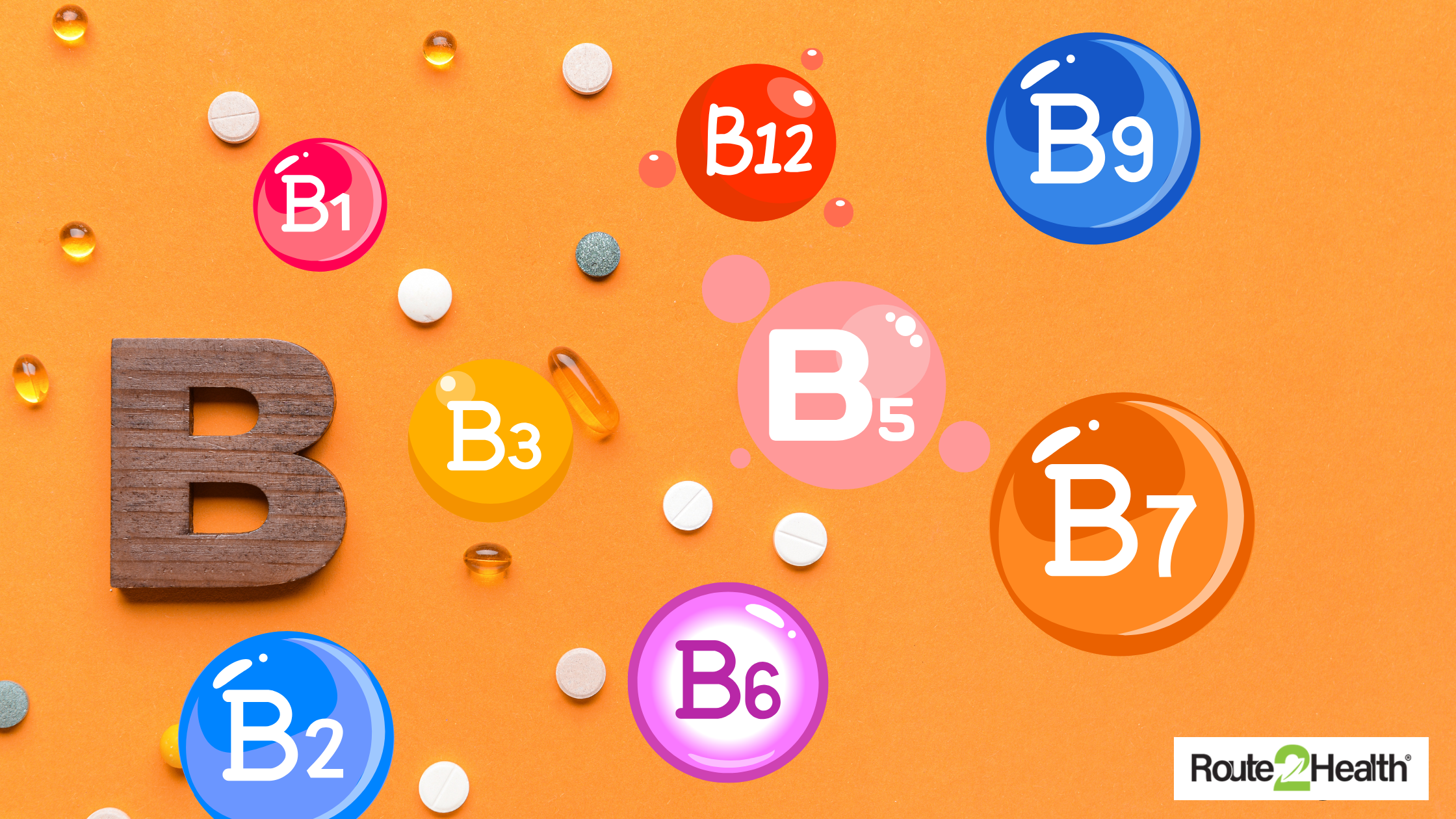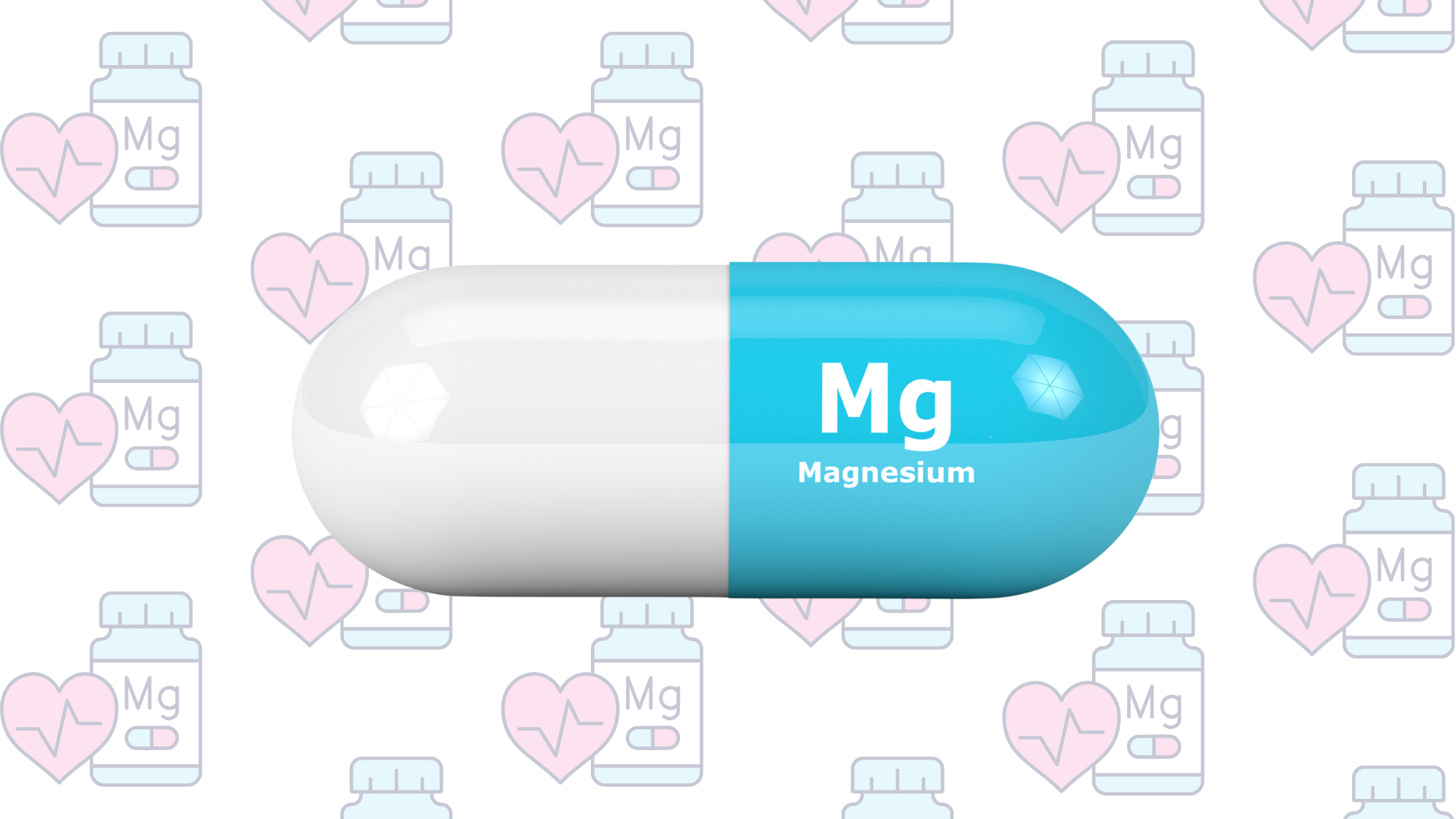
Liver Care: The Role of Milk Thistle in Helping the Liver Combat Toxins
Ever wondered if there’s a simple, natural way to show your liver some love? Whether you’ve enjoyed one too many takeaway pizzas or feel guilty about that extra glass of wine, your liver works tirelessly behind the scenes to keep you healthy. Let’s shine a spotlight on an ancient herbal hero that’s become a modern wellness staple — milk thistle. From ancient Greek physicians to your supplement shelf, milk thistle has earned its place as a powerful ally for liver care.
What is Milk Thistle?
Milk thistle (Silybum marianum) is a flowering herb native to Mediterranean regions but now grown worldwide. Its name comes from the milky white sap that oozes from its leaves when crushed. For over 2,000 years, milk thistle has been revered for its medicinal properties, particularly for liver health. Ancient Roman and Greek herbalists documented its use in treating “melancholic diseases” — an old term for liver-related ailments.
The main active ingredient in milk thistle is silymarin, a complex of flavonolignans (mainly silybin A and B, silychristin, and silydianin) extracted from the seeds. Silymarin is well-known for its potent antioxidant, anti-inflammatory, and antifibrotic effects. These bioactive compounds are believed to protect liver cells from toxins, regenerate damaged liver tissue, and boost the organ’s detoxifying abilities.
Modern research backs up this age-old wisdom. Research shows that silymarin acts as a “biological response modifier” that strengthens the liver’s defences and promotes cellular repair. Its ability to neutralise free radicals and enhance protein synthesis makes it especially valuable for people exposed to liver stress, whether from alcohol, fatty foods, pollution, or certain medications.
Today, milk thistle is available in various forms — capsules, tablets, tinctures, or teas — and remains one of the world’s most popular natural liver supports.

How Does Milk Thistle Support The Liver?
1. Milk Thistle as a Powerful Antioxidant
One of the liver’s main tasks is to detoxify harmful substances from our diet and environment. This constant battle generates free radicals — unstable molecules that can damage liver cells through oxidative stress. This is where milk thistle shines.
Silymarin, the active compound in milk thistle, is a robust antioxidant that scavenges free radicals, protecting liver cell membranes from damage. A 2015 study published in the journal Antioxidants shows that silymarin significantly increases the levels of glutathione — the body’s ‘master antioxidant’ — in the liver. Elevated glutathione enhances the liver’s capacity to neutralise toxins and repair damaged tissue.
Moreover, silymarin boosts the activity of antioxidant enzymes like superoxide dismutase (SOD) and catalase, which further guard liver cells against oxidative injury. This mechanism is particularly important for people exposed to environmental toxins, pollutants, or heavy alcohol use.
In short, by acting as a free radical scavenger and strengthening the liver’s antioxidant defences, milk thistle helps your liver work more efficiently and stay healthier for longer.
2. Milk Thistle and Liver Regeneration
Your liver is one of the few organs that can regenerate itself, but when damage becomes chronic — due to fatty liver disease, alcohol abuse, or certain medications — this ability weakens. Milk thistle is believed to promote liver regeneration by stimulating protein synthesis and encouraging the formation of new liver cells.
Animal and human studies have shown that silymarin enhances ribosomal RNA polymerase I activity, which boosts the production of proteins essential for cell repair. A notable clinical trial demonstrates that silymarin helps improve liver function tests in patients with cirrhosis, indicating that milk thistle might aid in restoring liver tissue structure and function.
Additionally, silymarin’s antifibrotic properties prevent excessive scar tissue formation — a common complication in chronic liver diseases. By limiting fibrosis and supporting new cell growth, milk thistle helps the liver maintain its vital detoxifying, metabolic, and digestive roles.

3. Protection Against Toxin-Induced Liver Damage
Milk thistle is famous for its protective effects against toxins. Historically, it has been used as an antidote for poisoning by the death cap mushroom (Amanita phalloides) — one of the deadliest fungi for the liver. The toxins in this mushroom destroy liver cells rapidly, but silymarin can block their uptake into liver cells and reduce damage.
Research shows that silymarin inhibits the binding of toxins to liver cell membranes and prevents them from entering the cells. Moreover, it promotes the excretion of harmful substances by enhancing bile production and flow, which is the liver’s natural pathway for removing waste.
4. Anti-Inflammatory Benefits for Liver Health
Chronic inflammation is a key driver of liver diseases such as non-alcoholic fatty liver disease (NAFLD), hepatitis, and cirrhosis. Unchecked inflammation causes liver cells to die and be replaced by scar tissue, which eventually impairs liver function.
Silymarin helps modulate inflammatory pathways. It suppresses the release of pro-inflammatory cytokines like tumour necrosis factor-alpha (TNF-α) and interleukin-1 beta (IL-1β), which are heavily involved in liver inflammation.
A randomised controlled clinical trial shows that silymarin supplementation significantly reduces liver enzymes and markers of inflammation in patients with NAFLD. By calming inflammation, milk thistle not only alleviates existing liver stress but also prevents progression to more severe liver damage.
This anti-inflammatory action, combined with its antioxidant properties, makes milk thistle a comprehensive liver care supplement.

5. Supporting the Liver in Managing Fatty Liver Disease
Fatty liver disease — whether alcoholic or non-alcoholic — is now one of the most common liver conditions worldwide. Excess fat build-up in liver cells causes oxidative stress, inflammation, and eventually fibrosis if left untreated.
Studies indicate that silymarin reduces liver fat accumulation by enhancing insulin resistance and lowering oxidative stress. Patients with NAFLD who take silymarin for 12 months may show significant improvements in liver enzyme levels and liver ultrasound images.
Silymarin appears to limit the conversion of dietary sugars into fat within the liver and supports healthy lipid metabolism, further protecting liver cells from fat-induced injury. Combining milk thistle with a balanced diet and regular exercise may offer a powerful, natural approach to managing fatty liver disease.
Conclusion
Your liver is your body’s ultimate detox powerhouse, working around the clock to filter out toxins, process nutrients, and keep your system running smoothly. By adding milk thistle to your wellness routine, you can give your liver the support it deserves.
Modern science supports what herbalists have known for centuries: milk thistle helps neutralise free radicals, promotes liver regeneration, shields against toxins, soothes inflammation, and supports healthy fat metabolism. When paired with a healthy lifestyle, milk thistle can be a powerful ally for maintaining optimal liver health.
Ready to give your liver a little love? Try Milk Thistle 250 mg by Route2Health — your natural shield for a healthier, happier liver!
FAQs
1. Is milk thistle safe for long-term use?
Generally, yes. Most studies report it’s well-tolerated for long-term use, but always check with your healthcare provider if you’re on medication.
2. Can milk thistle help after alcohol consumption?
Milk thistle may help the liver recover from alcohol-induced stress by supporting detoxification and regeneration.
3. How long does it take for milk thistle to work?
Some benefits may appear within a few weeks, but for liver conditions, consistent use over months is often recommended.
4. Does milk thistle have any side effects?
Mild side effects can include digestive upset or allergic reactions in rare cases.
5. Can everyone take milk thistle?
Most people can, but pregnant or breastfeeding women and those with certain hormone-related conditions should consult a doctor first.























































